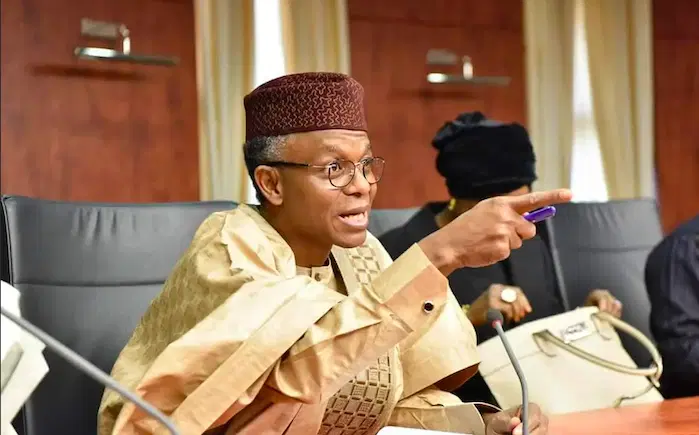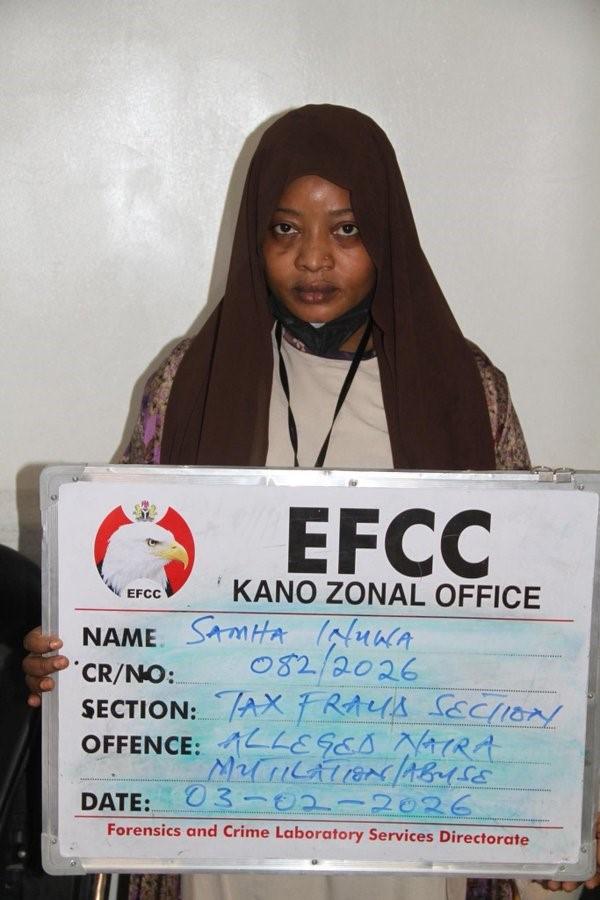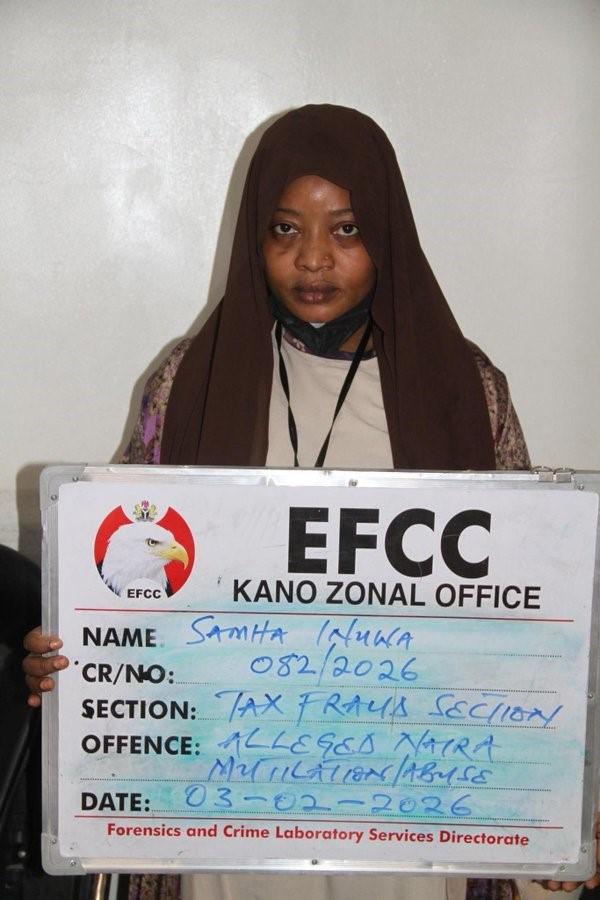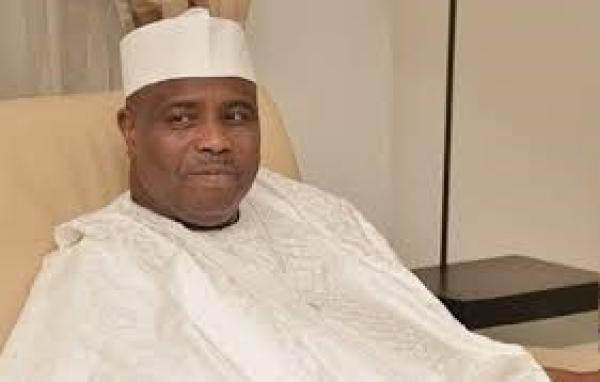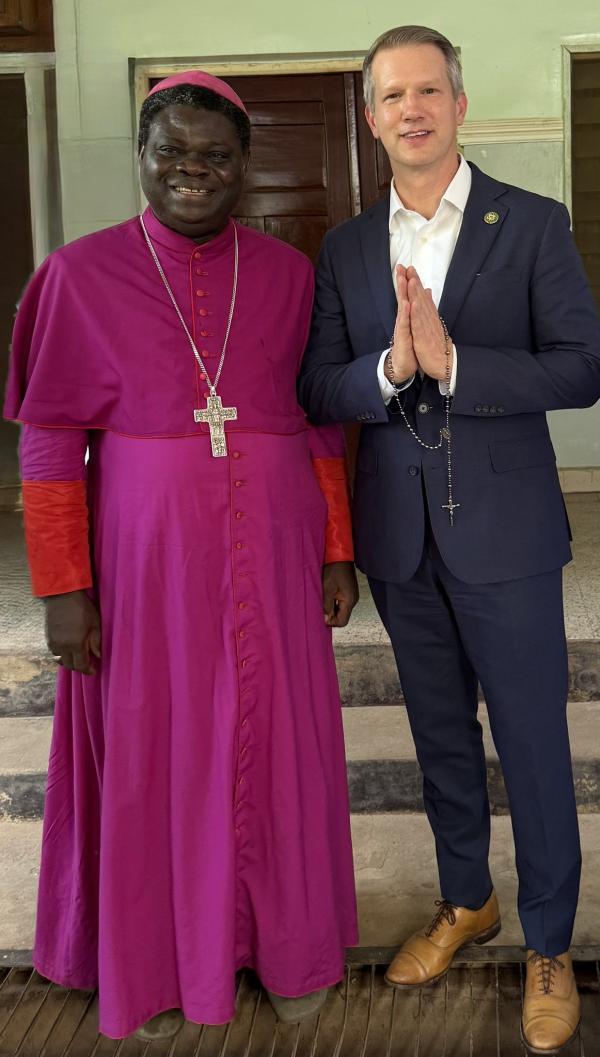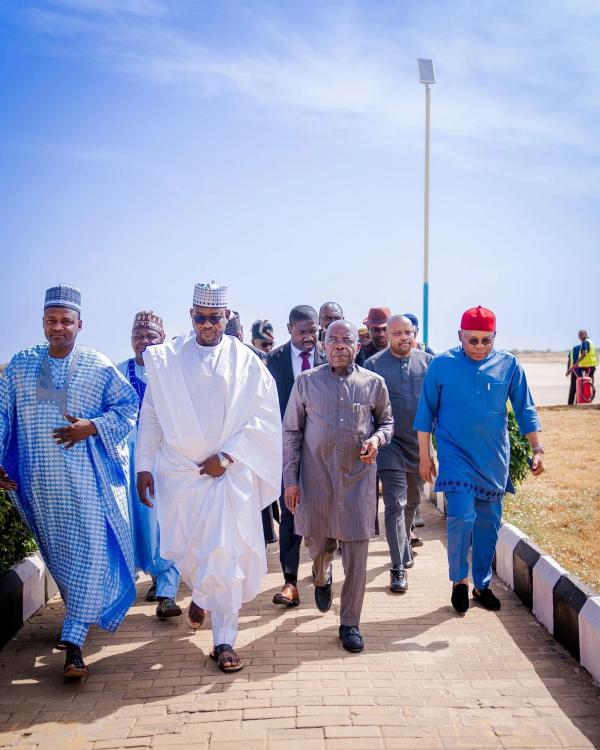
Australian Prime Minister Tony Abbott speaks at the University of Mumbai, on September 4, 2014Australian Prime Minister Tony Abbott speaks at the University of Mumbai, on September 4, 2014
Australia's prime minister on Thursday hailed a uranium deal he is due to sign with India as a "sign of trust", following a long-standing ban on selling the fuel to the nuclear-armed nation amid proliferation fears.
Tony Abbott is expected to sign the agreement allowing uranium sales to India when he meets the new Prime Minister Narendra Modi, a fellow conservative, in Delhi on Friday, during a visit aimed at boosting trade ties.
Australia, the world's third biggest uranium producer, had previously ruled out such exports to energy-starved India because it has not signed the Nuclear Non-Proliferation Treaty.
But Abbott said his government has now received the necessary commitments from New Delhi about only using the ore for its civilian nuclear programme.
"India has an absolutely impeccable non-proliferation record and India has been a model international citizen," he told reporters in Mumbai, on the first leg of a his two-day visit.
"India threatens no one, India is the friend to many, India is the world's emerging democratic superpower. This is an important sign of the mutual trust that exists between Australia and India."
India and Australia kick-started negotiations on uranium sales in 2012 after Canberra lifted a long-time ban on exporting the valuable ore to Delhi to meet its ambitious nuclear energy programme.
Both India and its neighbouring rival Pakistan are nuclear-armed, and along with Israel and North Korea are the only countries not signed up to the non-proliferation treaty to prevent the spread of nuclear weapons.
Australia's nuclear cooperation agreement for peaceful power generation will potentially ramp up India's plans for more nuclear power stations, with only 20 small plants at present and a heavy dependency on coal.
India is struggling to produce enough power to meet rising demand amid its 1.2-billion strong population as its economy and vast middle-class expand. Nearly 400 million still without access to electricity, according to the World Bank, and crippling power cuts are common.
- 'Abundance of opportunities' -
At the start of his visit, Abbott told business leaders in Mumbai that there was an "abundance of opportunities" in India, where Modi swept to power in May promising to open up Asia's third-largest economy to foreign investment.
AFP












